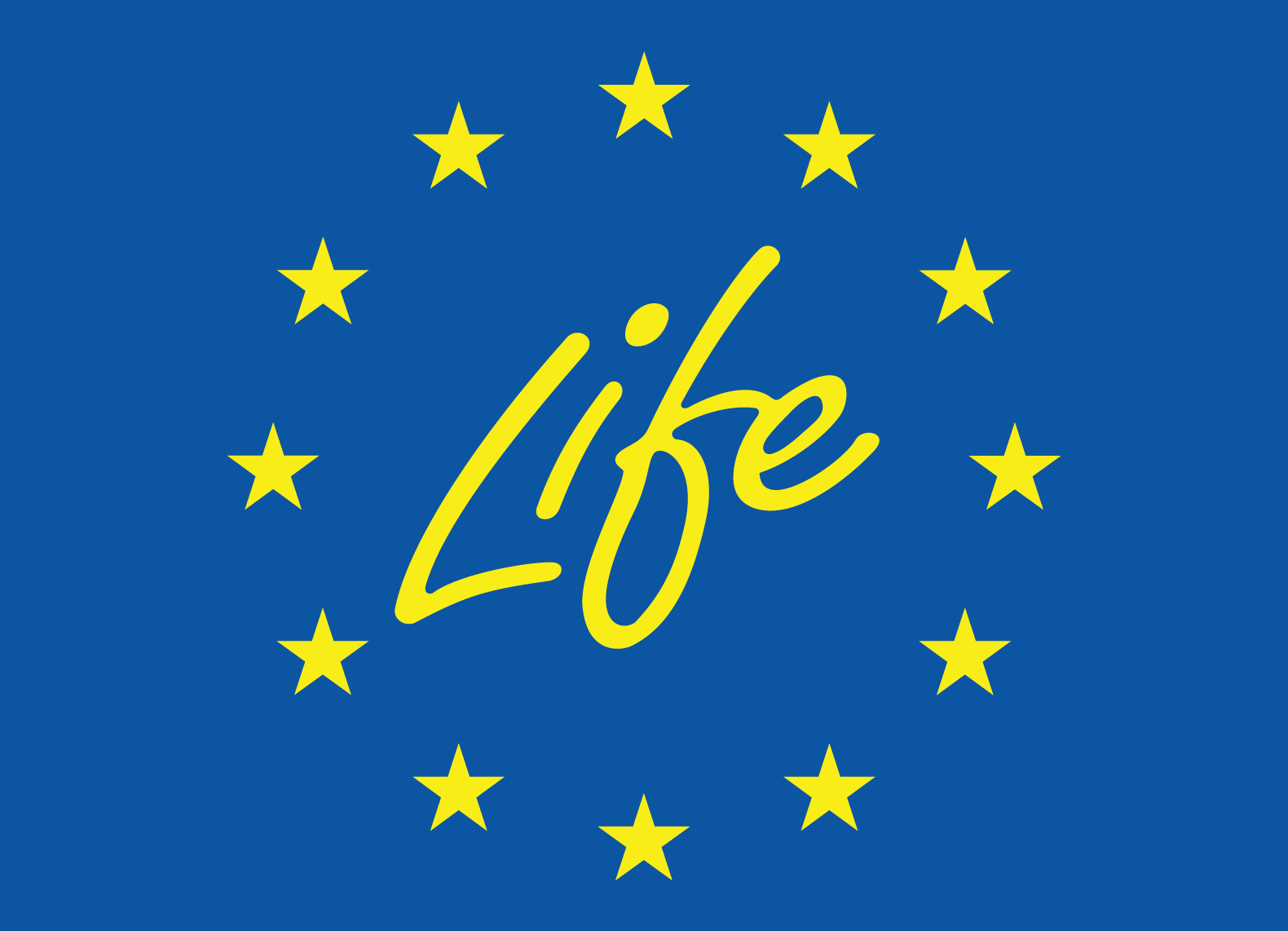New year, old narratives – Why genetic engineering is (still) not the solution to food security
The European Commission kicked off 2023 by publishing a report on the drivers of food security, recognising the value of organic farming for biodiversity and supporting the transition towards less pesticides’ dependency. However, in the report it also puts forward controversial statements in favour of genetic engineering techniques, including so called “New Genomic Techniques” (NGTs).
Organic’s benefits
The report dissects the drivers of food security considering the war in Ukraine. In the 138-page long report, the Commission points out the various environmental benefits of organic farming, such as the improvement of “flora and fauna richness or abundance in agroecosystems by more than 50%”. It further acknowledges that organic farming, albeit less intensive, can also contribute to maintenance of farm viability and quality food production with lower inputs, among other things due to more efficient use of inputs.
New genomic techniques’ alleged benefits
On the other hand, the report highlights NGTs as a potential solution to various sustainability issues, for example, by providing plant varieties with durable biotic resistances at a faster pace. It states that “NGTs can bring speed to the development of improved varieties with traits that can support food security, such as increased yields, or reduced use of natural resources. This also requires a suitable legal framework as well as programmes that enable innovation to deliver on its potential.” This is a clear indication of a push for a lighter regulatory framework.
Among others, NGTs are listed next to organic farming practices as a means to reduce the EU’s dependency on pesticide inputs. The ability of NGTs to decrease pesticide use is highly contested among environmental and agricultural organizations and FoodWatch has recently published a report arguing that “pesticide-resistant” NGT crops are still empty promises, and their use would actually decrease seed diversity, lead to lock-in effects, and contribute to a race to the bottom.
Coming up in June: The NGT legislative proposal in legislative package
In January, the European Commission announced that it will publish the legislative proposal on 7 June within a legislative package called “Sustainable agri-food systems and use of resources”. The package will include proposals for a new Soil Health Law and a revision of the food waste and textiles aspects in the EU Waste Framework Directive.
New year, same industry narrative
The Commission’s report is in line with the narratives used in 2022 to push NGTs, namely stressing their alleged contribution to sustainable development and food security. However, environmental and agricultural organizations have repeatedly criticised this narrative. Hunger is caused by poverty, inequality and food waste, not scarcity. So, NGTs (or new GMOs) cannot solve the problem of hunger because the issue does not lie in food production but the current agri-food industry that sustains an intensive, polluting, and unfair food system.
For more information on (new) GMOs and IFOAM Organics Europe’s work on this issue, please visit our website and contact [email protected].
IFOAM Organics Europe members can find more information on the member extranet and background materials in the arguments database on the member extranet (main messages, arguments/FAQs, visuals & videos). Contact [email protected] for access rights (issues).
For information about what you can gain from being a member, read our membership page and contact [email protected].

The work of IFOAM Organics Europe on this topic is co-financed by the LIFE programme of the European Union, under the Climate, Infrastructure and Environment Executive Agency (CINEA). This page only reflects the views of the authors and its sole responsibility lies with IFOAM Organics Europe. The CINEA is not responsible for any use that may be made of the information provided.

